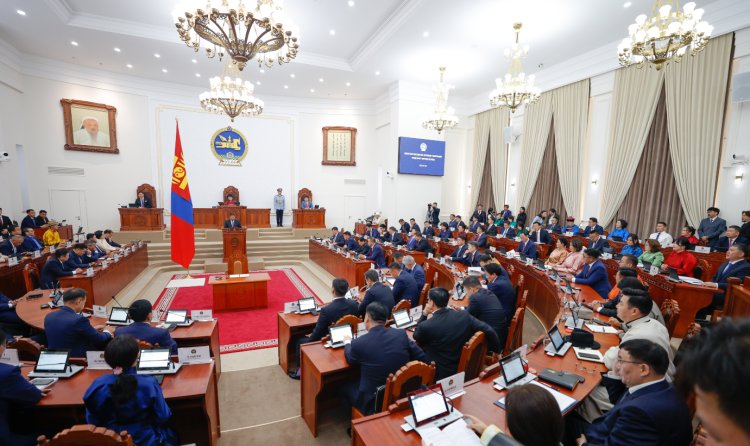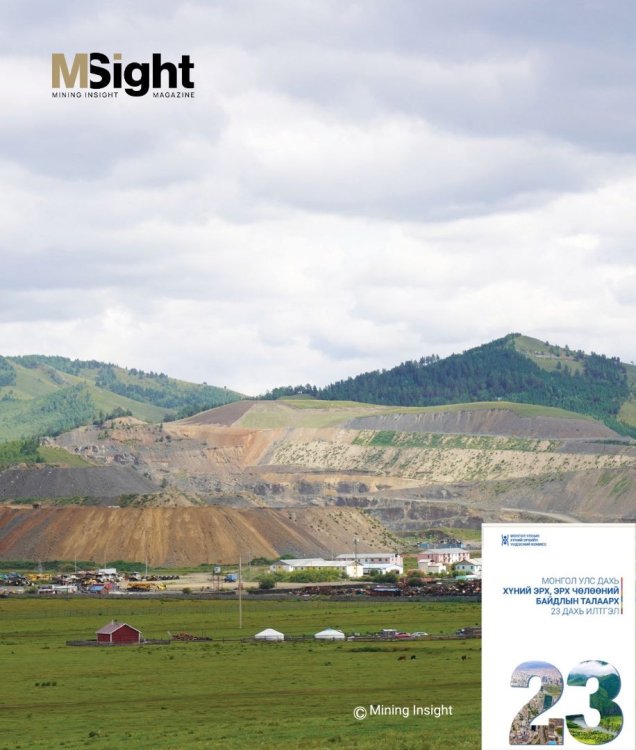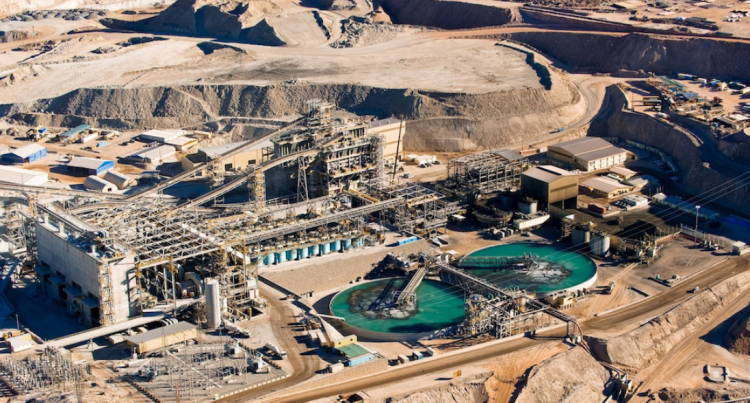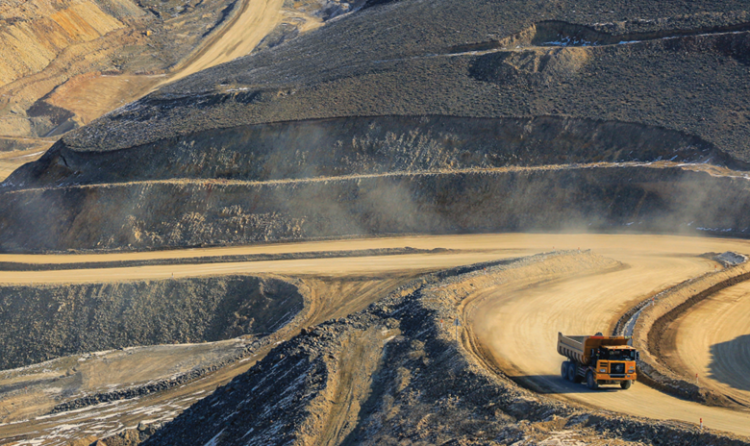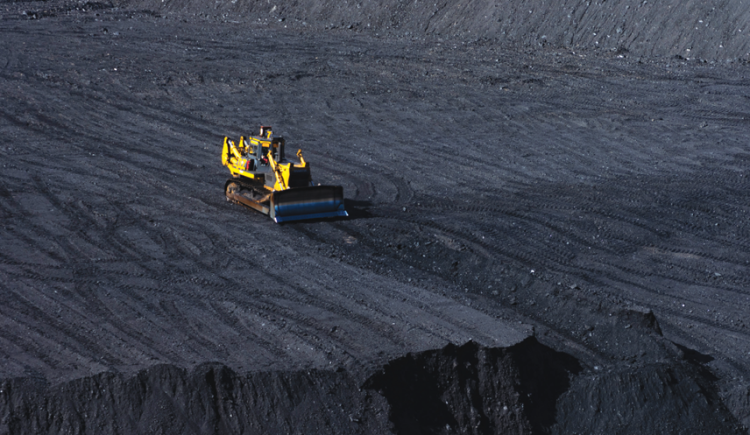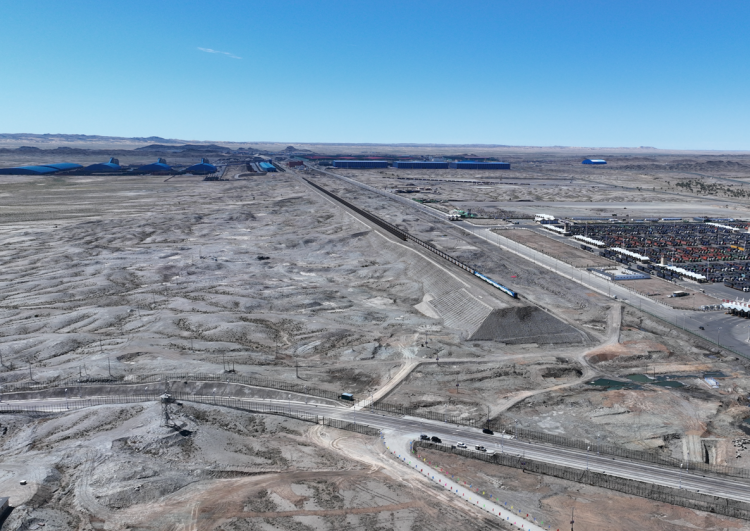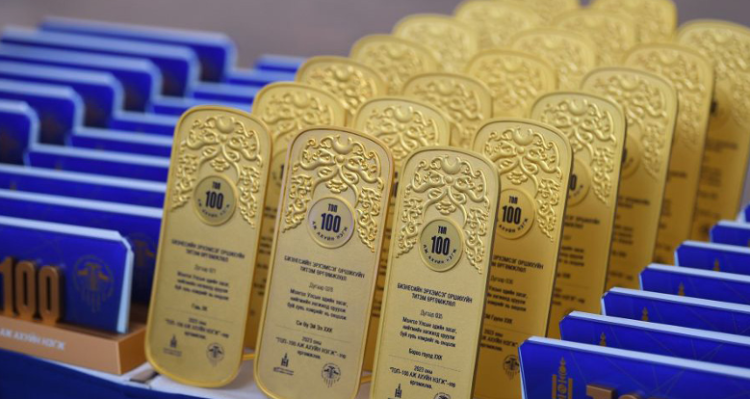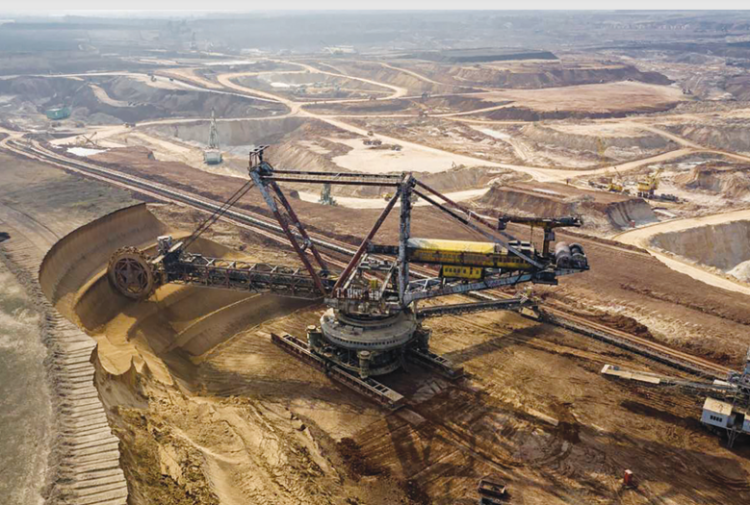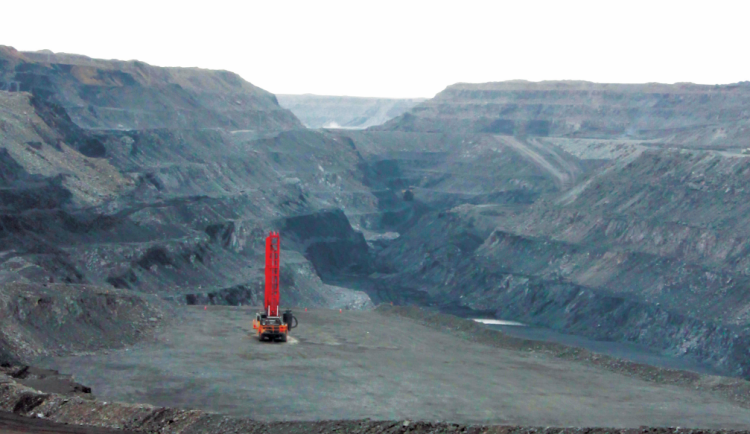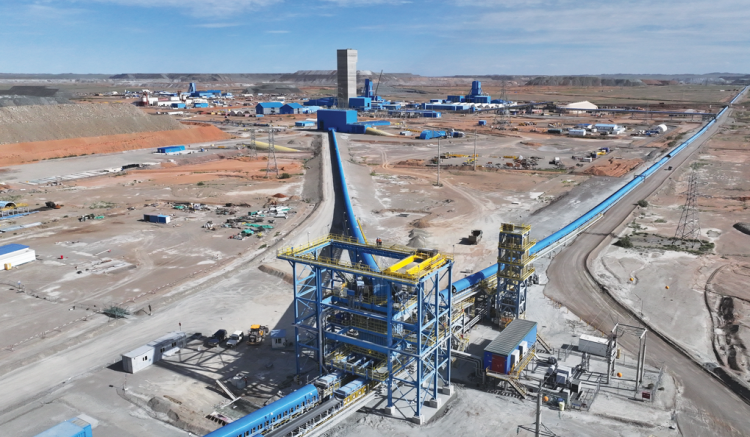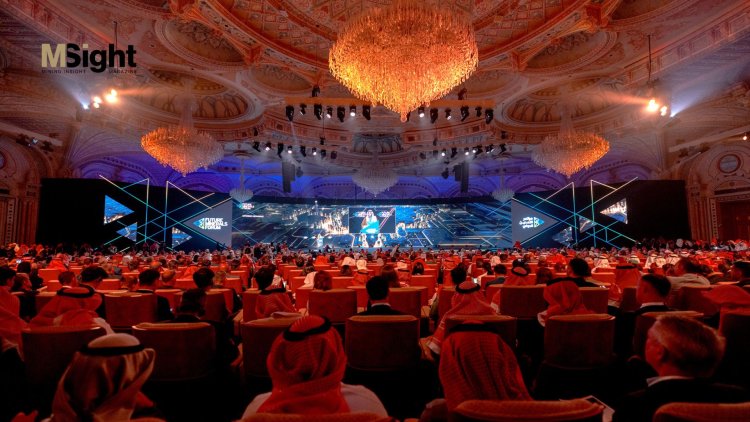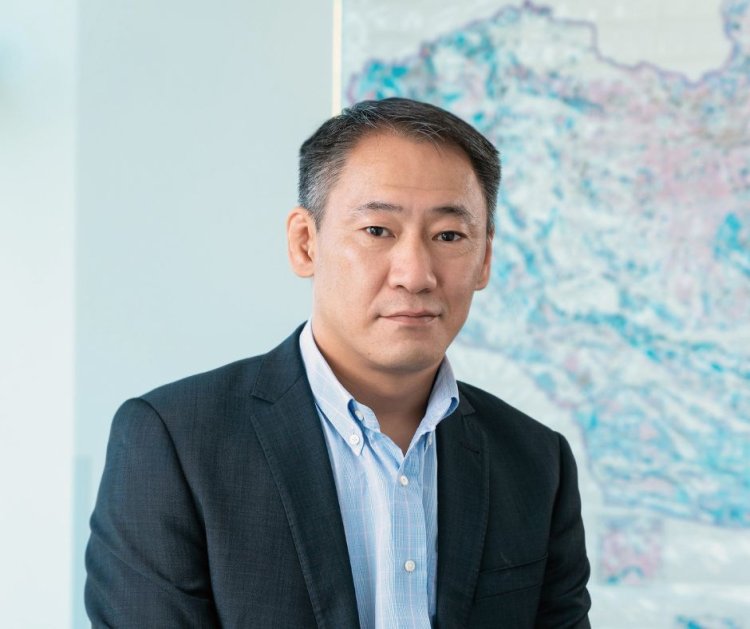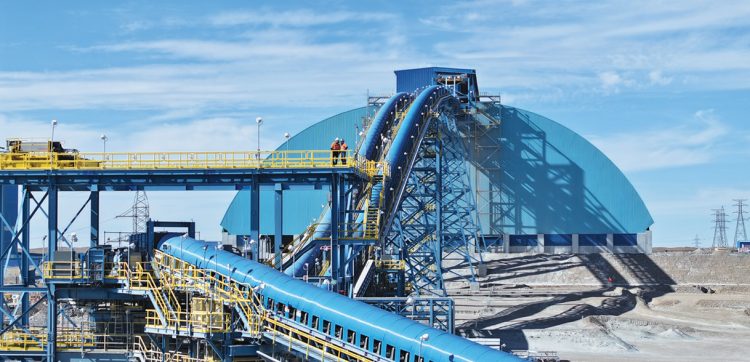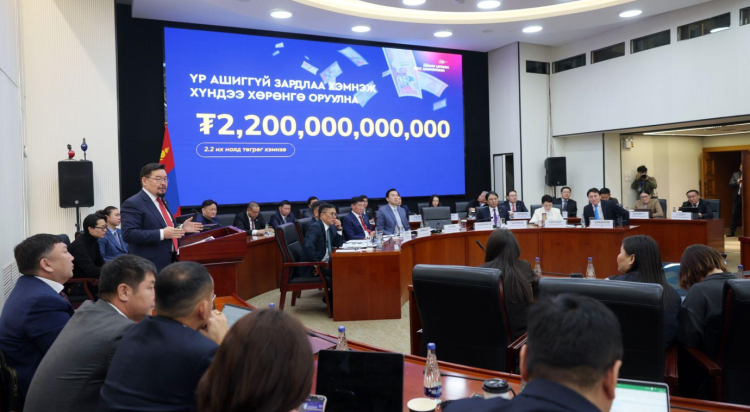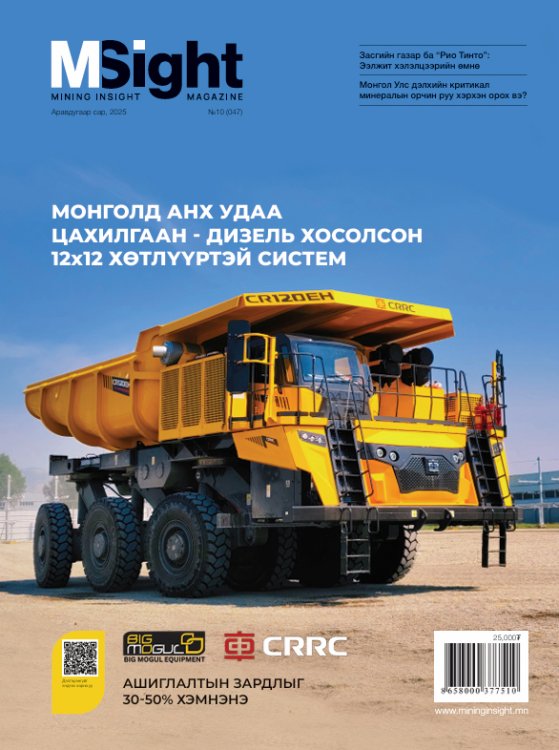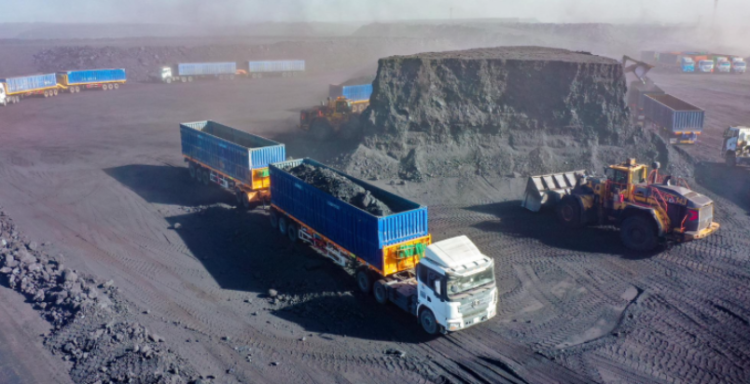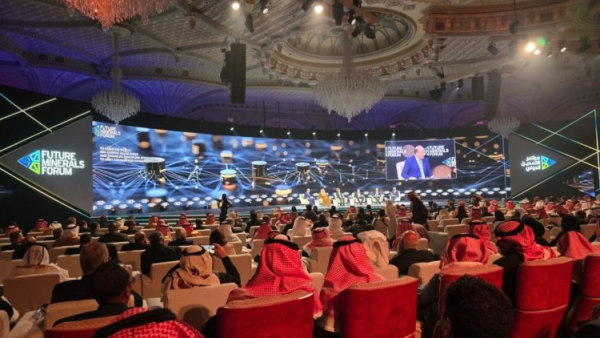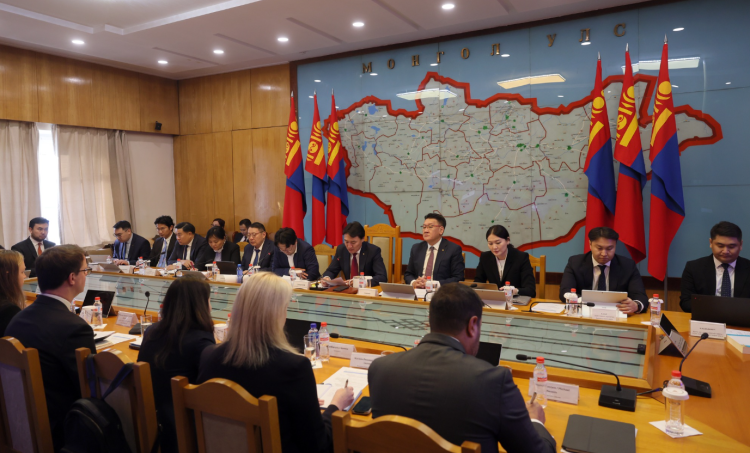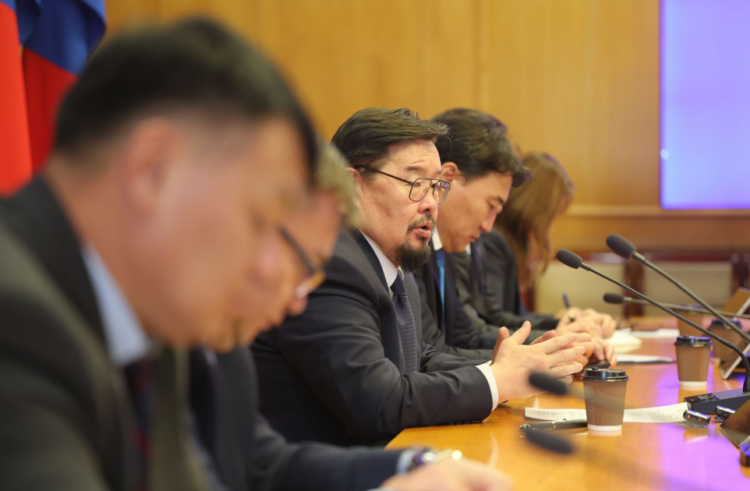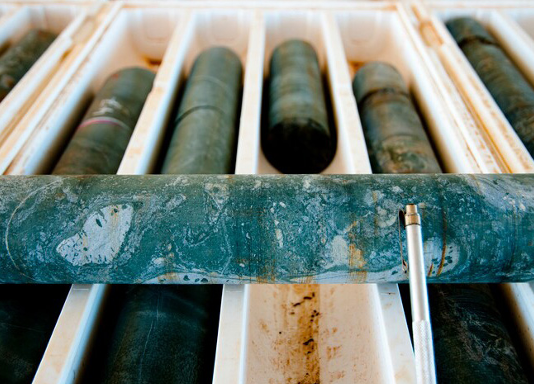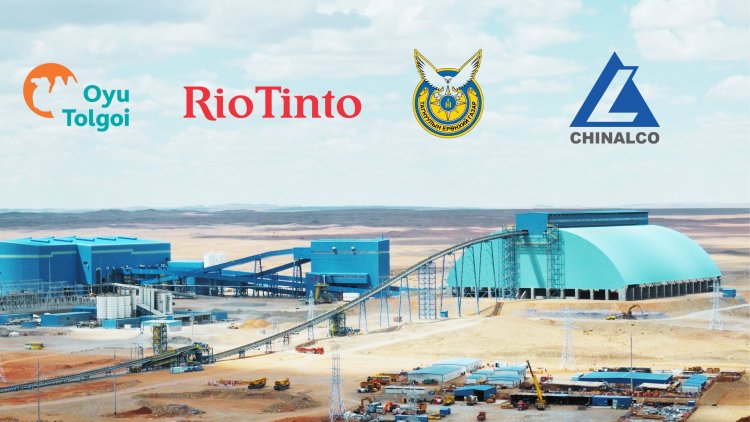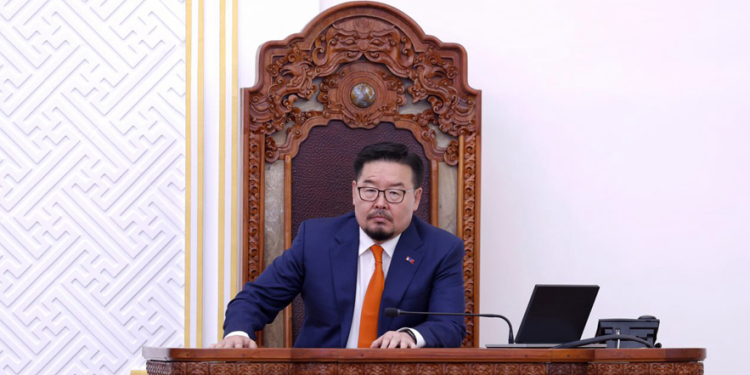19 political parties and two coalitions participated in the ninth parliamentary elections, each presenting their platform. While party agendas did not heavily influence voter choices and election outcomes, the future trajectory of Mongolia's mineral resources sector hinges significantly on the positions and policies adopted by the parties now seated in Parliament. Therefore, the Mongolian People's Party (MPP), the Democratic Party (DP), the Labour Party (HUN), the National Coalition, and the Civil Will-Green Party, all of which hold seats in Parliament, have outlined and compared their key concepts and policies regarding mining in their respective agendas.
FUTURE FOCUS: CRITICAL MINERALS, PAVING THE WAY FOR MONGOLIA'S MINING RECOVERY
China's economic growth catalyzed the initial phase of mining investment in Mongolia during the 2010s. Now, the question arises: can we seize a second opportunity to rejuvenate, activate, and amplify this investment flow? If so, what would it entail? The mining community has been talking sufficiently about acting wisely before losing the renewed opportunity that is opened up for critical minerals. With the global shift towards sustainability, the demand for critical minerals is experiencing a profound surge. Countries worldwide are formulating strategies and identifying critical minerals essential to their economies amidst these rapid global changes. Mongolia must define and announce clear policies on investment, collaboration, and production development in this sector without delay. Industry experts affirm that Mongolia possesses significant potential in these critical minerals, which are vital not only for economic growth but also for geopolitical dynamics and international relations. Therefore, how can Mongolia carve out a role in this supply-and-demand network? What steps should be taken to align the policies of the mineral resources sector with the evolving demand? All political parties and coalitions participating in the election have pledged to expand the economy. We looked into their platforms to understand how they perceive international geopolitics, the policy orientations of nations, global market trends, and the mining industry's expectations. In this context, only the Labour Party (HUN) articulated a specific policy: "Strategic deposits will be regulated to classify them as critical minerals of strategic significance in line with global mining industry trends." This provision from the HUN platform aligns with one of the six proposals the Mongolian National Mining Association presented to political parties in Parliament. The HUN is the sole party to endorse the proposal to update regulations governing strategically important deposits according to global mining trends, focusing on minerals of strategic importance. While it's commendable that the industry listened and accepted the proposal, there is regret that the essence of the proposal was diluted by mentioning "revision of deposit regulations relevant to importance," implying that "deposits will be included in important minerals." Was this a technical error or a deliberate change? Meanwhile, although the MPP's agenda lacks specific formulations, it pledges to intensify projects involving lithium, silicon, and rare earth elements— critical materials for high technology—and aims to boost foreign investment and export revenue. They also propose investing in environmentally friendly high-tech mining and strategic projects to increase export income by 50%. On the other hand, the DP promises to spur rapid economic growth through mega projects aligned with the global green transition. They also commit to supporting and implementing projects for rare earth element processing plants with specialized policies. These statements suggest that support exists for the development and production of so-called lowcritical minerals, which are significant for Mongolia's economic strategy. However, the specific methods of this support still need to be clarified. In any case, Mongolia urgently needs to establish communication with strategic partner countries regarding critical minerals and develop clear policies and plans to diversify its economy.
GEOLOGICAL EXPLORATION AND INVESTMENT: STRENGTHENING AND EXPANDING
The call to intensify and expand geological exploration appears in the agendas of the MPP, DP, and HUN, albeit with slight differences in purpose and rationale. According to the Mineral Resources and Petroleum Authority of Mongolia (MRPAM) statistics, investment in Mongolia's exploration sector has been declining, contrasting with global trends driven by efforts to reduce greenhouse gas emissions. This global shift has spurred other nations to support and promote mineral exploration actively, yet Mongolia has experienced stagnation in this sector for the past 14 years. Simply expanding without activating exploration will not suffice. The investment follows the issuance of exploration licenses, enabling geological surveys, and the opening of deposits. However, what measures do the parties propose to restore confidence, activity, and interest among foreign and domestic investors crucial to this exploratory phase? Clearer policies or plans outlining new resources and opportunities are needed to enhance the investment environment and attract fresh investments in geology and mining.
The National Coalition and the Civil Will-Green Party (CWGP) have yet to prioritize mineral discovery and exploration in their agendas. Regarding geological exploration, the MPP and HUN have addressed licensing issues. HUN pledges to implement policies to curb the illegal sale of special licenses, while the MPP reiterates its commitment from the 2020 election platform to "make mining licenses transparent and revoke licenses issued in violation of the law." It is noteworthy, however, that this exact statement appears to have been directly copied from their 2020 platform, raising questions about the need for updated provisions. The parties' platforms appear to incorporate various proposals scattered throughout. The DP has included the most extensive coverage of miningrelated issues, leaving only some topics untouched. Detailed discussions on small-scale mining, construction materials, geological research capacity building, and method revisions are evident, but there needs to be more mention regarding the liberalization of exploration licensing. This omission stems from earlier this year when Mongolian miners, for the first time, approached political parties urging specific proposals in their parliamentary election platforms to support sustainable development through government policy. Among these proposals, a central theme was the urgent need to significantly ramp up mineral exploration in line with the global economy's green transition, aiming to activate research, exploration, and exploitation of crucial minerals. However, the parties overlooked these ideas, none of whom articulated a specific agenda on this crucial matter. Despite S. Bayartsogt, the First ViceChairman of DP, pledging earlier to adopt an open and liberal exploration policy, no fundamental reform policy aimed at broadening exploration efforts was included in their agenda. In summary, aside from the general call to intensify the geological exploration sector, which hinges on foreign and domestic investments, and to revoke illegal licenses, the agendas do not include innovative ideas. Looking at the broader investment landscape, the MPP plans to introduce new economic projects through mineral resource exports, focusing on increasing foreign investment, specifically in rare earth elements. The DP proposes investing in domestic and international mining projects, augmenting the wealth fund through global capital markets, and establishing a supportive policy framework. Meanwhile, HUN aims to ensure investment stability while proposing mega-projects funded by a mining revenue-based investment fund. However, none of these agendas offers prospective investors any distinct advantages or stability assurances that could instill confidence.
MANUFACTURING: THE NATIONAL COALITION TO SEIZE OPPORTUNITIES TO CREATE WEALTH RATHER THAN WAITING FOR DISTRIBUTION
The National Coalition places significant emphasis on industrial development in its policy framework. Unlike general declarations, its commitments to the mining sector are notable for addressing specific challenges Mongolian manufacturers face and proposing concrete solutions. To foster a more favourable investment environment, there is a widespread intention to reduce government pressure and provide opportunities by gradually improving the legal framework for imported equipment, technical VAT, and customs taxes. Moreover, the coalition prioritizes the training of skilled engineers, technical experts, and personnel to meet the evolving needs of the industrial sector. The National Coalition's platform reflects a proactive approach to wealth creation rather than waiting for distribution. For instance, it includes initiatives such as "Strategic investments, international cooperation, major infrastructure projects vital for economic growth, guarantees for environmentally friendly infrastructure projects, international financing programs, and opportunities to purchase equipment under favourable conditions, including export promotion credits (ECA), supported by the European Union's Global Gateway and other foreign countries." The MPP has outlined a strategic agenda that includes the establishment of seven types of valueadded processing plants:
1. Oil refinery complex
2. Coke-chemical plant based on the Tavantolgoi coal deposit
3. Brown coal processing and coal chemical industrial complex
4. Copper processing industrial complex
5. Iron and steel processing complex
6. Steel products production complex
7. Fluorspar processing complex
The policy framework entails developing a comprehensive long-term s
trategy for the manufacturing industry, robustly supporting its growth, and enhancing export revenues. The DP has proposed commissioning six types of processing plants and supporting related projects:
1. Establishment of an oil refinery
2. Setting up a copper concentrate, gold, and silver smelting plant
3. Establishing an iron ore processing plant, ensuring protection, producing pig iron, and facilitating exports
4. Supporting and implementing coal deep processing, including projects for coke, semicoke, various fuels, and chemical production based on the Tavantolgoi deposit
5. Supporting and implementing rare earth element processing plant projects with special policies
6. Intensifying the construction of deep processing plants for other/all mineral resources
The DP stands out for its support of heavy industrial park infrastructure investments through tax and financial policies. They aim to proactively develop essential energy, water, road, and transportation infrastructure. Additionally, they promise government incentives for research and development in production, promoting export orientation across all industrial sectors. In contrast to the MPP's preference for state ownership in the processing industry, the DP favours supporting private sector initiatives. They express concern that MPP's proposed mega-projects under state ownership may deter foreign investment. On the other hand, HUN advocates supporting the private sector in producing value-added products through policy and tax regulations. They emphasize policies to domestically supply iron, steel, cement, and glass products for infrastructure and construction. Furthermore, they propose utilizing an investment fund from mining revenues to enable large national companies to undertake significant mega projects.
ENVIRONMENTAL PROTECTION: CIVIL WILL-GREEN PARTY ADVOCATES FOR RESPONSIBLE AND SUSTAINABLE MINING PRACTICES AIMED AT MINIMIZING ENVIRONMENTAL IMPACT.
All parties have unanimously endorsed the issue of reducing environmental impact and promoting environmentally friendly solutions and technologies, which is commendable. Specifically, the CWGP's agenda contains the fewest provisions related to mining, emphasizing its support for responsible and sustainable practices. CGWP agenda includes maintaining rigorous regulatory oversight and enforcement to enhance transparency and accountability. None of the parties elected to Parliament proposed policies against supporting mining, which remains a cornerstone of Mongolia's economy. In a broader context, the parties have yet to promise sweeping policy reforms or major changes. The MPP continues to advocate for strong state involvement in the mineral sector, while the DP favours supporting private sector initiatives. HUN prioritizes addressing historical challenges, while the National Coalition focuses on industrial development and largescale projects for Mongolia's foundational growth. Meanwhile, the CWGP aims to diversify the economy and reduce reliance on mining revenues through strategic policies.
Mining Insight Magazine, June 2024 №6 (031)



